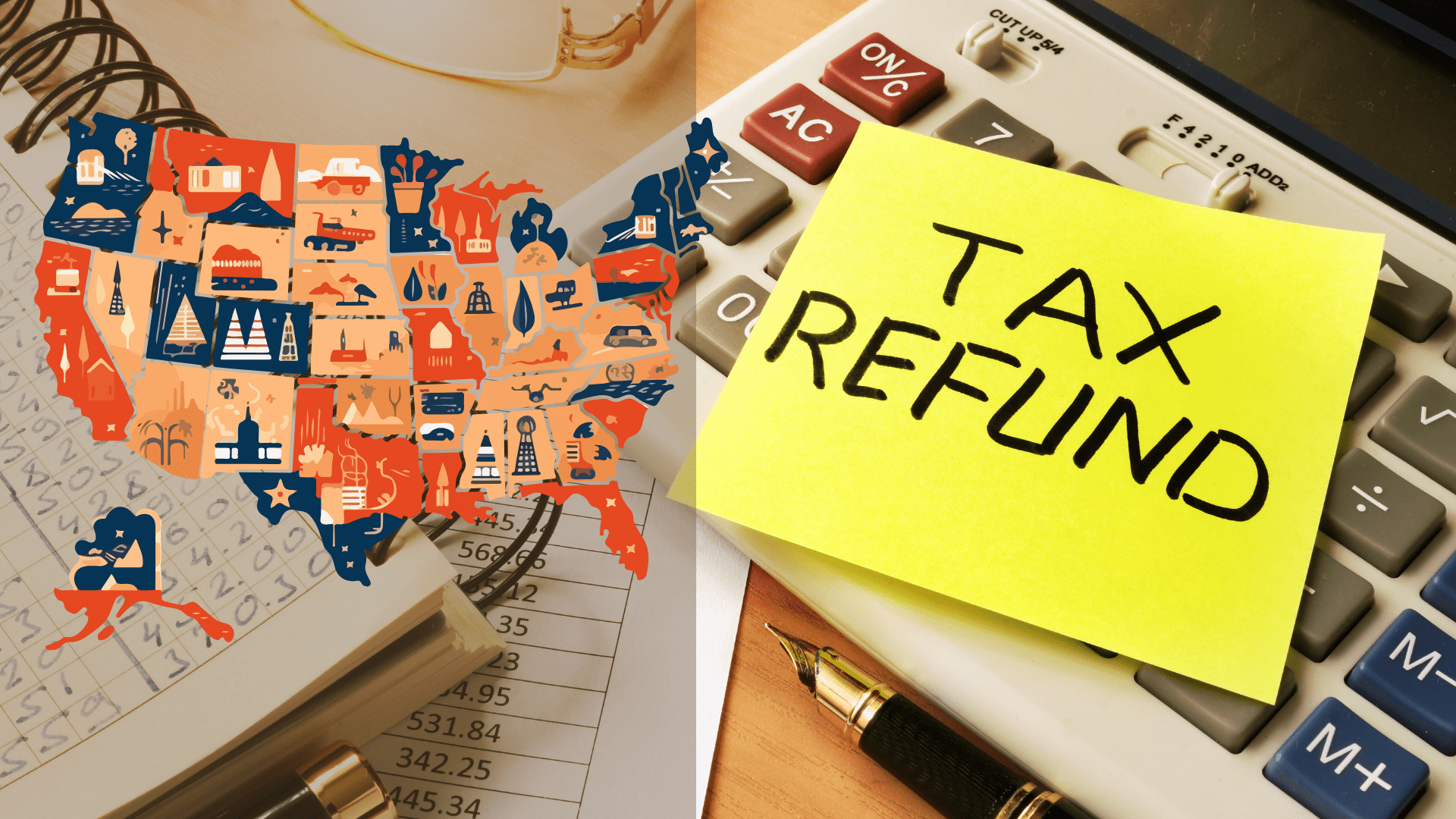Considering filing taxes for your home-based business? Discover the potential tax deductions available, how to claim them, and ongoing strategies to optimize your tax season.
The allure of starting a business from home with minimal initial investment offers a chance to generate supplementary income, monetize hobbies, or actualize career aspirations. Moreover, home-based businesses qualify for certain tax deductions, easing the financial burden.
Understanding which expenses are tax-deductible for your home business can significantly impact your bottom line. Here’s a breakdown of leveraging deductions for your home-based business to potentially save money in the long run.
The ‘Exclusive Use‘ Test Meeting IRS criteria involves demonstrating that a portion of your home serves as your primary business location, exclusively and regularly. Failing to maintain a dedicated space exclusively for business renders you ineligible for the home office deduction. This “exclusive use” test sets strict parameters, although exceptions exist for specific business activities like inventory storage or running a daycare facility.
Additionally, to claim the home office deduction, you must be a registered business owner or independent contractor, not an employee working remotely.
Deductible Expenses for Home-Based Businesses
Common deductions that home-based business owners typically claim on their tax returns encompass various home-related expenses:
- Homeowner’s insurance.
- Homeowners association fees.
- Cleaning services or supplies used in your business space.
- Mortgage insurance and interest.
- Utilities like electricity, internet, heat, and phone.
- Repairs and maintenance directly linked to your business space.
Expenses directly related to your business, falling under “ordinary and necessary,” qualify for deduction, such as:
- Cost of goods sold (for businesses involved in manufacturing or resale).
- Capital expenses (startup costs, business assets, and improvements).
- Business use of your car (deductible based on the percentage of business-related miles).
- Employee payments.
- Retirement plans.
- Rent expenses (for property you do not own).
- Interest on borrowed money for business purposes.
- Business insurance.
- Travel, supplies, materials, professional services, marketing, and business development costs.
Calculating the Home Office Deduction
Two methods exist for calculating home office deductions: the regular method and the simplified method.
The regular method involves determining the percentage of your home used for business. Direct business expenses are deductible in full, while indirect expenses are prorated based on the business percentage. This method offers a maximum $10,000 deduction.
Alternatively, the simplified method simplifies calculations, providing a preset rate (currently $5 per square foot up to 300 square feet) for a maximum deduction of $1,500. The choice between methods hinges on the extent of your business expenses.
Accounting Tips for Home-Based Businesses
Maintaining meticulous accounting practices throughout the year proves crucial for tax season preparation:
- Establish a dedicated workspace meeting the “exclusive use” test.
- Segregate business and personal expenses with separate accounts.
- Track all business use of personal assets for accurate percentage calculations.
- Account for estimated and self-employment taxes, paying quarterly.
- Implement an organized accounting system to track receipts and invoices.
- Prepare a profit and loss statement for clarity on business finances.
- Set up a small business payroll if required for employees or contractors.
- Consider implications of client locations and international income.
- Explore funding options like small business loans with a focus on ROI.
- Periodically review and adjust accounting methods based on business growth.
- Use accounting software if cost-effective for streamlined processes.
- Consult with an experienced accountant to navigate tax regulations.
Potential for IRS Audits
While the home office deduction might raise concerns about IRS audits, meticulous adherence to IRS guidelines minimizes audit risks. Maintaining comprehensive records, ensuring eligibility, and accurately representing your home-based business activities mitigate audit triggers.
IRS systems detect anomalies in deductions, particularly compared to industry averages. Claiming excessive space or uncommon deductions might flag your return. Following IRS guidelines precisely is key, given their occasional revisions.
Refer link for the official IRS guidelines – https://www.irs.gov/publications/p587
For tailored advice on business decisions, consult a professional familiar with your individual circumstances or reach out to us for a quick call to streamline your tax strategy and business structure.












































